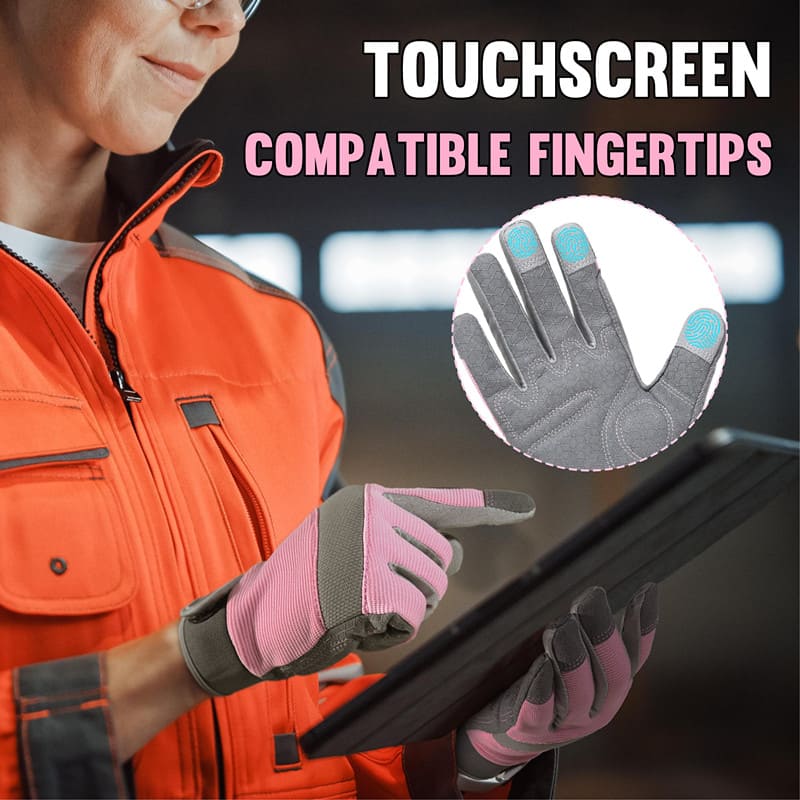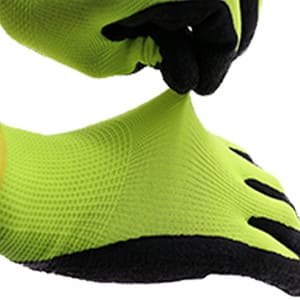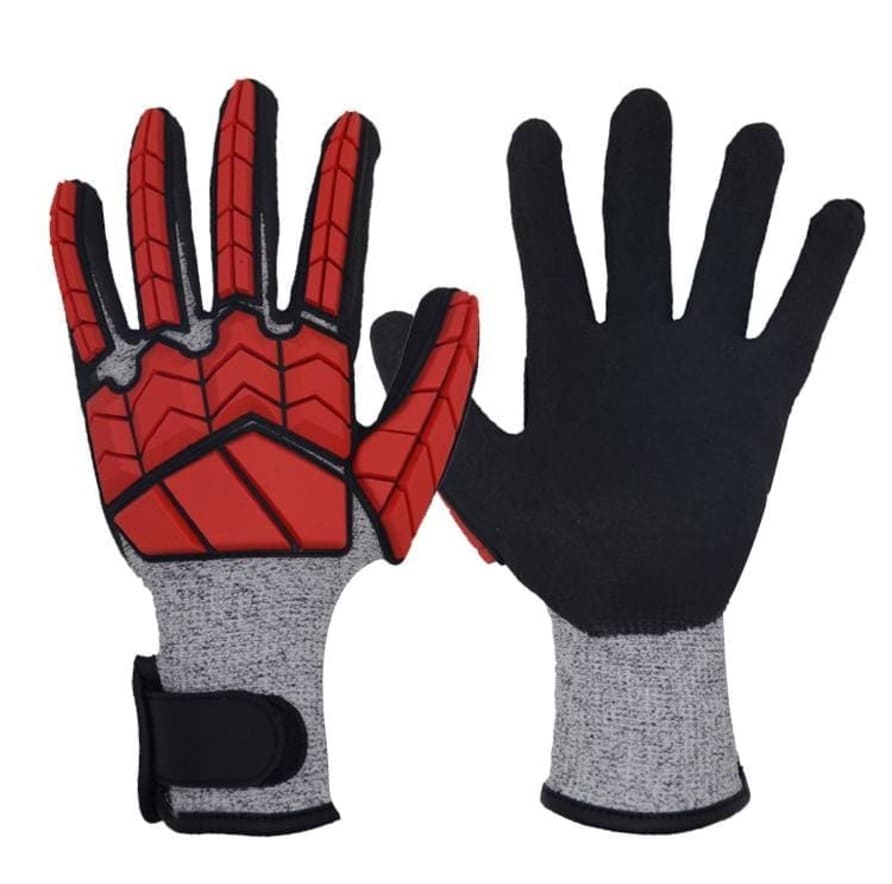Choosing the right touchscreen gloves can make a big difference in comfort and usability, especially in cold environments. Let’s break down the differences between conductive and capacitive touchscreen gloves to help you make the right choice.
What’s the Difference Between Conductive and Capacitive Touchscreen Gloves?
Conductive touchscreen gloves are made with materials that mimic the electrical conductivity of human skin, allowing them to work seamlessly with capacitive touchscreens. Capacitive gloves, in contrast, are standard gloves that do not interact with touchscreens unless specifically designed for it.
1. How Capacitive Touchscreens Work
Capacitive touchscreens, found on most modern smartphones and tablets, detect changes in their electrostatic field when touched by a conductive object, like your finger. Regular gloves block this interaction because they are made from non-conductive materials, preventing the screen from recognizing your touch.
2. What Are Conductive Touchscreen Gloves?
- Material Composition: These gloves use conductive materials like silver or copper threads embedded in the fabric, especially on the fingertips.
- Functionality: Conductive gloves allow electrical charges to pass through, enabling you to interact with capacitive touchscreens without removing the gloves.
- Advantages: Perfect for cold weather or outdoor use since you can keep your gloves on while using your device.
Comparison Table: Conductive vs. Capacitive Touchscreen Gloves
| Feature | Conductive Touchscreen Gloves | Capacitive Touchscreen Gloves |
|---|---|---|
| Material | Includes conductive materials like silver/copper | Non-conductive standard materials |
| Touchscreen Use | Works seamlessly with capacitive touchscreens | Does not interact with touchscreens |
| Convenience | Operates devices without removing gloves | Requires glove removal for touchscreen use |
| Best For | Cold environments, outdoor tasks | Non-touchscreen-specific tasks |
3. Key Benefits of Conductive Gloves
- Convenience: No need to take off your gloves to answer calls or send messages.
- Versatility: Suitable for various touchscreen devices, including phones, tablets, and GPS systems.
- Comfort: Keeps your hands warm and functional in cold conditions.
4. When to Use Capacitive Gloves
- Non-Touchscreen Use: Capacitive gloves are standard gloves without touchscreen capabilities, ideal for tasks where touchscreens are not involved.
- Cost Efficiency: These gloves are often more affordable but less versatile.
5. How to Choose the Right Gloves for Your Needs
- Consider Usage: If you frequently use touchscreens, opt for conductive gloves.
- Environment: For cold weather, conductive gloves ensure comfort and usability.
- Budget: Capacitive gloves are a simpler, cost-effective option if touchscreen use isn’t a priority.
Conclusion
Conductive touchscreen gloves are the superior choice for anyone who needs to use touchscreens while keeping their hands warm. They use conductive materials to enable seamless interaction with capacitive screens, while regular capacitive gloves do not offer this capability.
Understanding this difference ensures you choose gloves that meet your needs, whether for outdoor work, winter activities, or everyday convenience.









